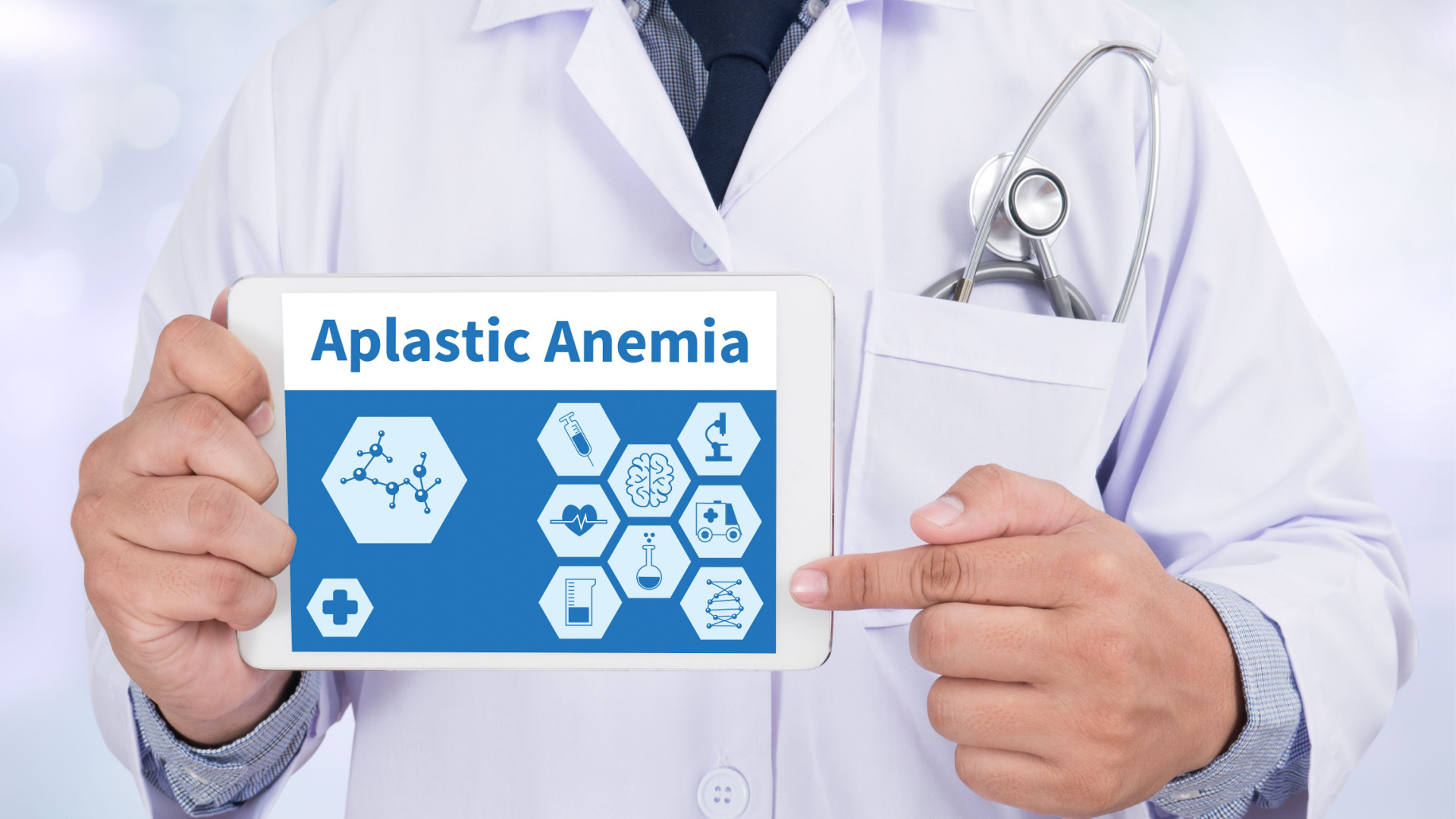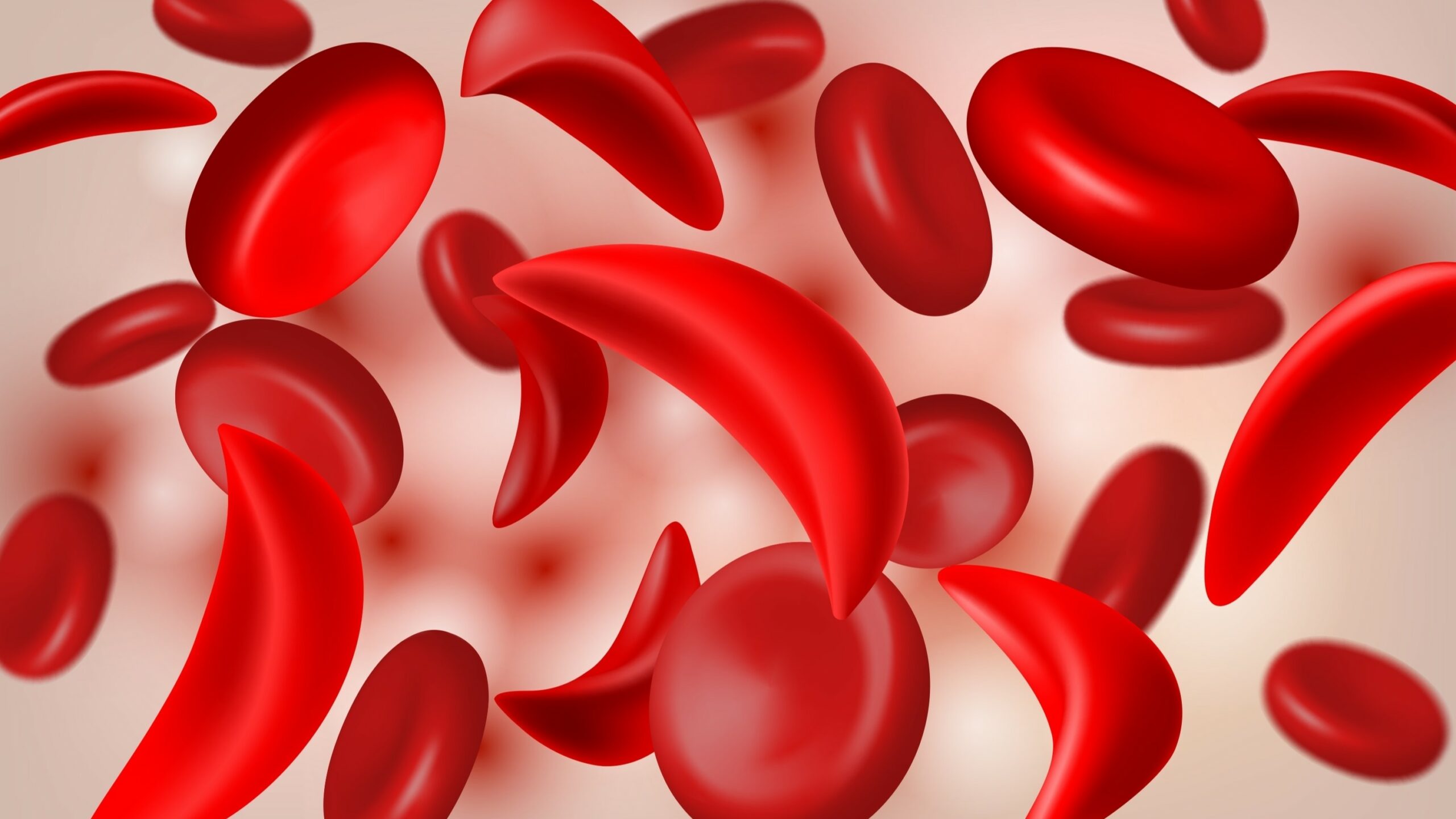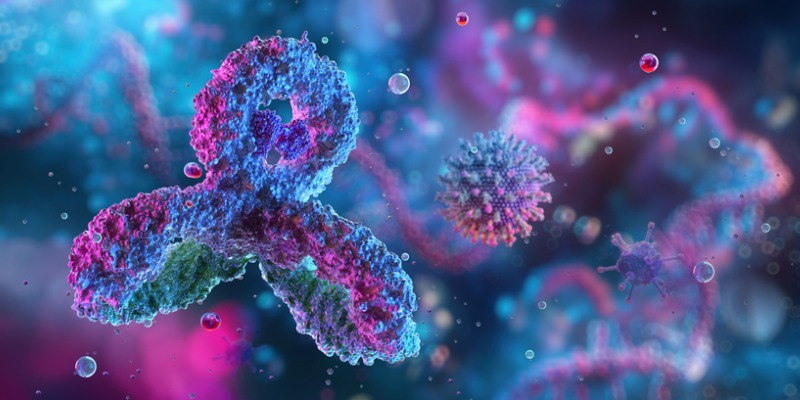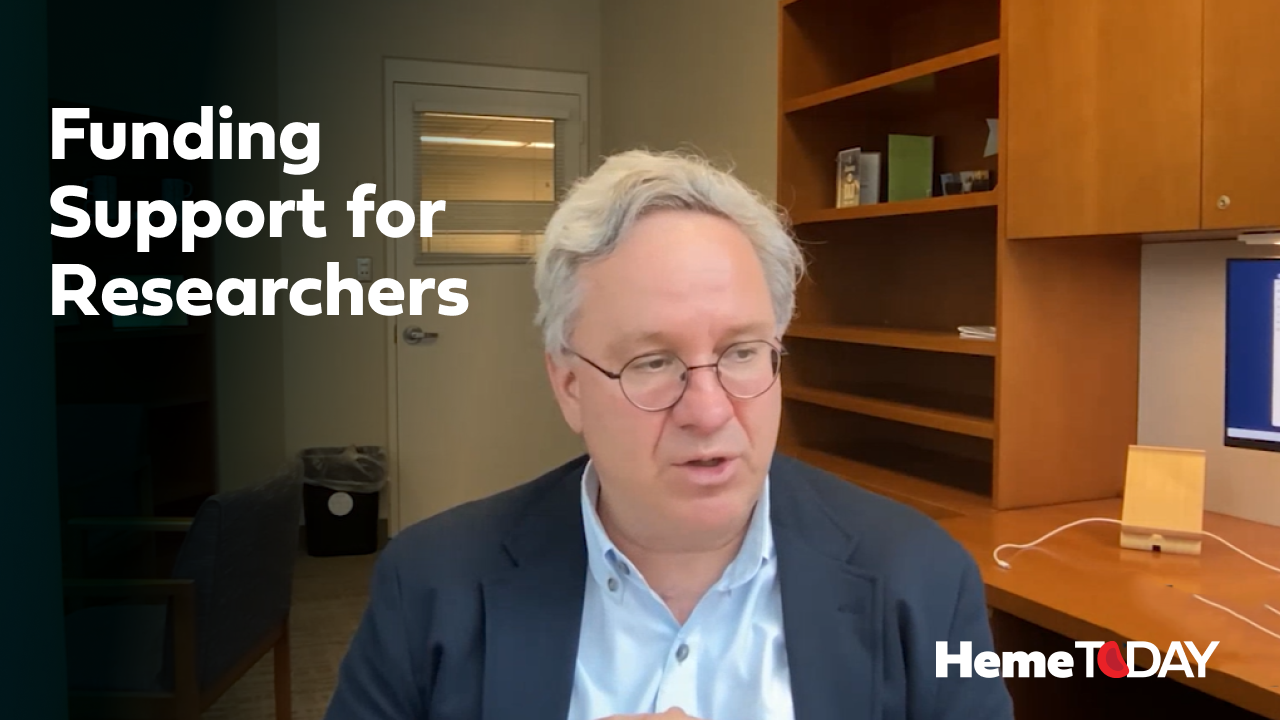Kenneth Adler, MD, Reveals Drivers of Physician Burnout in Hematology, Explores Remedies
By Kenneth Adler, MD, Andrew Moreno - Last Updated: February 18, 2025Heme Today recently spoke with Kenneth Adler, MD, a hematologist at Morristown Medical Center in Morristown, New Jersey, about burnout among hematologists. Dr. Adler is also chair of the New Jersey Commission on Cancer Research and serves on the American Society of Hematology’s (ASH) Committee on Practice.
Dr. Adler explained that even before the COVID-19 pandemic, emotional and physical exhaustion had long been a major issue in hematology. ASH has worked to address and spread awareness of this issue, such as through the expert panel symposia held on this topic at the 2017 and 2021 annual meetings.
From speaking with fellow hematologists about causes of burnout in their practices, Dr. Adler related that clinicians at hospitals and in health care systems are burdened with heavy administrative responsibilities on top of caring for patients. These tasks range from completion of pre-work authorizations, to maintaining electronic medical record systems, to attending to inquiries on patient digital portals.
“What’s happened is because of legislation, many patients find out that they have a leukemia or a lymphoma prior to the doctor getting a path report. And often, this can happen on a weekend,” Dr. Adler mentioned as an example of patient portals’ impact on managing clinicians’ work-life balance.
Hematologists have also experienced feeling, as shared by professionals across many health care disciplines, that their work is underappreciated by hospital administrations and patients. Dr. Adler’s colleagues report being treated as “a vendor” or “a laborer” by hospital administrations. Patients are also often ungrateful, an attitude in contrast to that during the COVID-19 pandemic.
“In New York they would be applauding people in the streets, the healthcare workers and providers. That’s gone away now, and a lot of hematologists don’t feel they’re being treated with appropriate respect,” Dr. Adler elaborated.
Dr. Adler highlighted that resources are available from organizations to help hematologists avoid burnout, such as mental health services, and advised that self-care involves reducing a commonplace “martyr” attitude. He stressed, however, that clinicians are limited in the self-care measures they can take, and significant reduction in physician burnout requires top-down institutional changes. Hospitals and medical groups must take the initiative to promote clinicians’ well-being and provide administrative support.
“Even though we got through COVID, there will be a pandemic at some point, and we have to be ready for that, and dealing with that means the physicians need to have their needs met by these appropriate systems,” Dr. Adler concluded.







 © 2025 Mashup Media, LLC, a Formedics Property. All Rights Reserved.
© 2025 Mashup Media, LLC, a Formedics Property. All Rights Reserved.